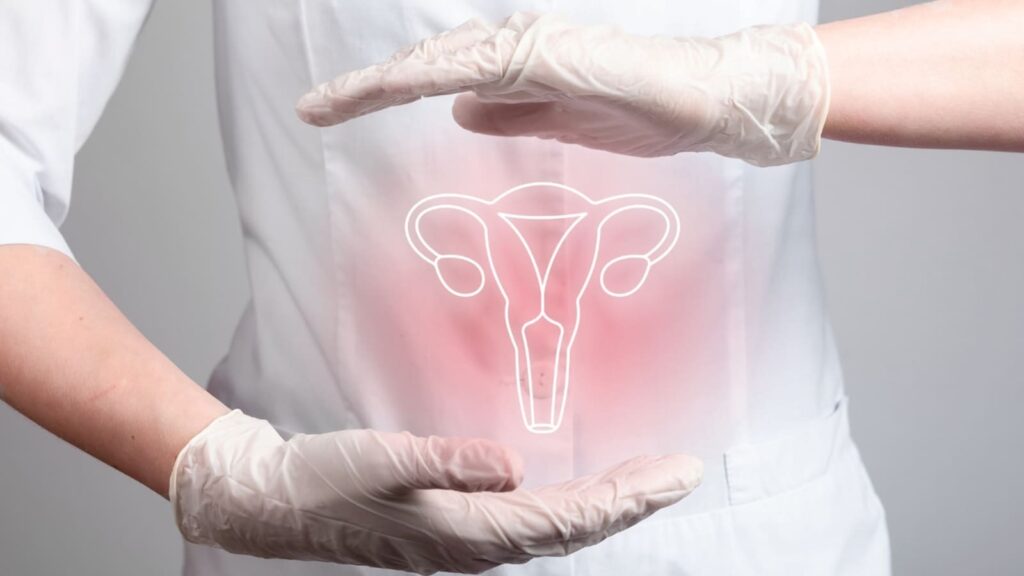Understanding Cervical Cancer: Symptoms, Treatment, and Hope
Cervical cancer, once a major threat to women’s health, is now largely preventable thanks to advancements in vaccination and screening. However, it’s still important to stay informed about this cancer, especially its symptoms and treatment options.
The Basics:
Cervical cancer starts in the cervix, the opening of the uterus connecting it to the vagina. The Human Papillomavirus (HPV) is the main culprit, with certain strains carrying a higher risk. While most HPV infections clear naturally, persistent infections can lead to abnormal cell changes that, if left untreated, could progress to cancer.
Symptoms:
In the early stages, cervical cancer often shows no symptoms. As the cancer advances, you might experience:
- Unusual vaginal bleeding: between periods, after sex, or after menopause
- Vaginal discharge with a strong odor or blood
- Pelvic pain
- Pain during sex
- Painful urination
Early Detection is Key:
Regular screening with Pap smears or HPV tests is crucial for catching abnormal cell changes before they turn cancerous. These tests are quick, painless, and can save lives.
Treatment Options:
If diagnosed with cervical cancer, the treatment plan depends on the cancer stage and other factors. Options include:
- Surgery: removal of the cervix or uterus, depending on the extent of the cancer
- Radiation therapy: high-energy beams to target cancer cells
- Chemotherapy: medications to kill cancer cells
- Combination therapy: using multiple approaches for advanced cases
The Power of Prevention:
The good news? HPV vaccination and regular screening significantly reduce your risk of cervical cancer. Talk to your doctor about getting vaccinated and starting screening at the recommended age.
Remember:
- Early detection is critical for successful treatment.
- Vaccination and screening are your best defenses.
- Talk to your doctor if you have any concerns or questions.
Additional Resources:
- American Cancer Society: https://www.cancer.org/cancer/types/cervical-cancer.html: https://www.cancer.org/cancer/types/cervical-cancer.html
- National Cancer Institute: https://www.cancer.gov/types/cervical/hp: https://www.cancer.gov/types/cervical/hp
- World Health Organization: https://www.who.int/health-topics/cervical-cancer: https://www.who.int/health-topics/cervical-cancer
By staying informed and taking preventive measures, you can empower yourself to stay healthy and reduce your risk of cervical cancer.

